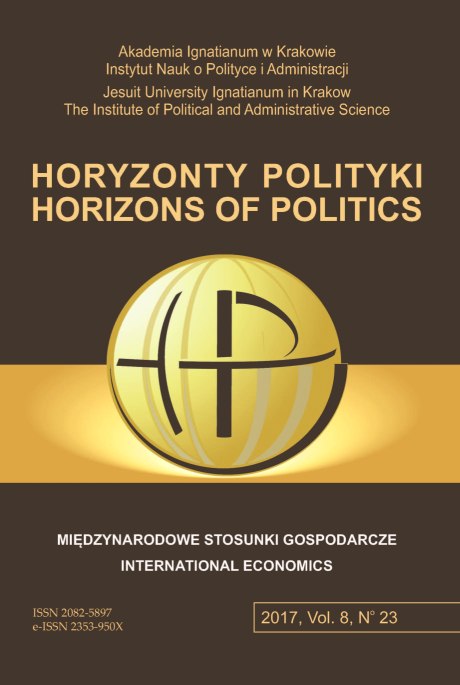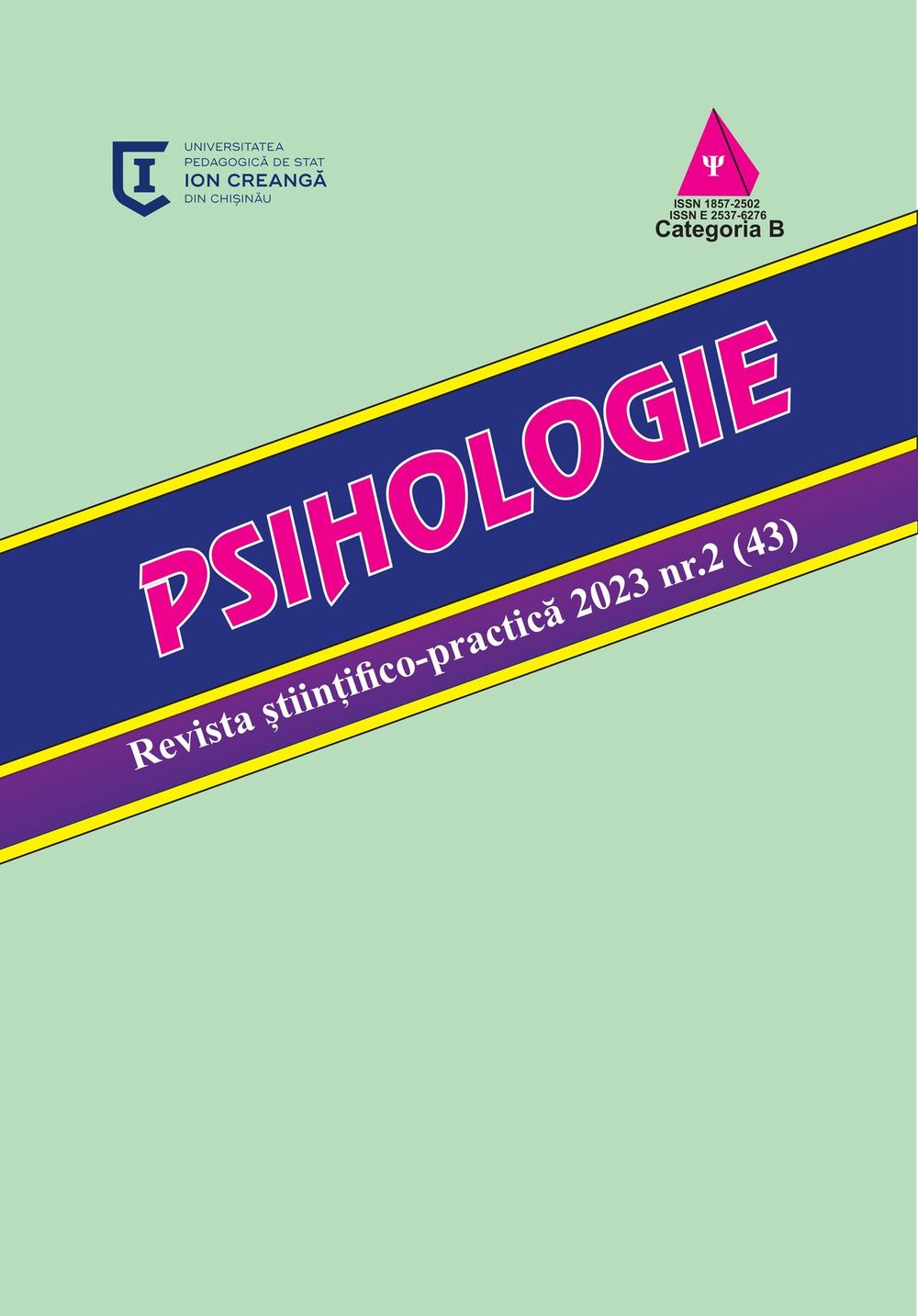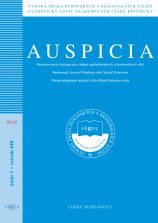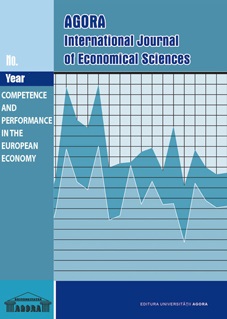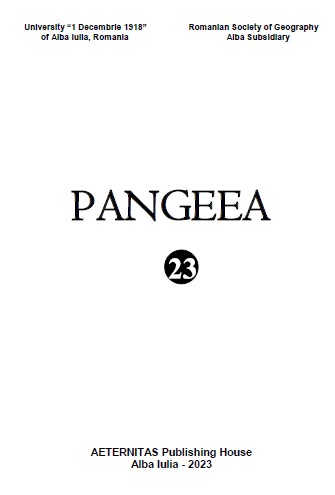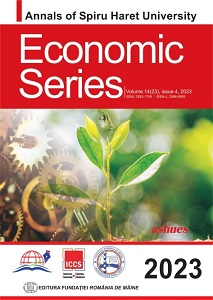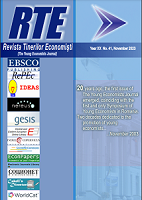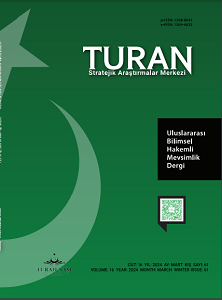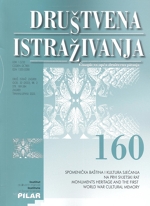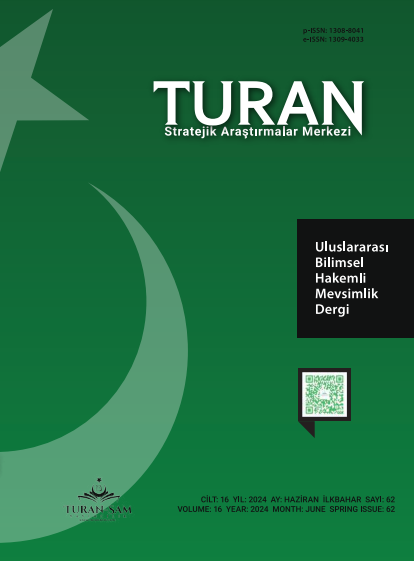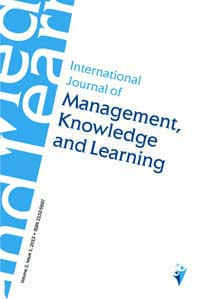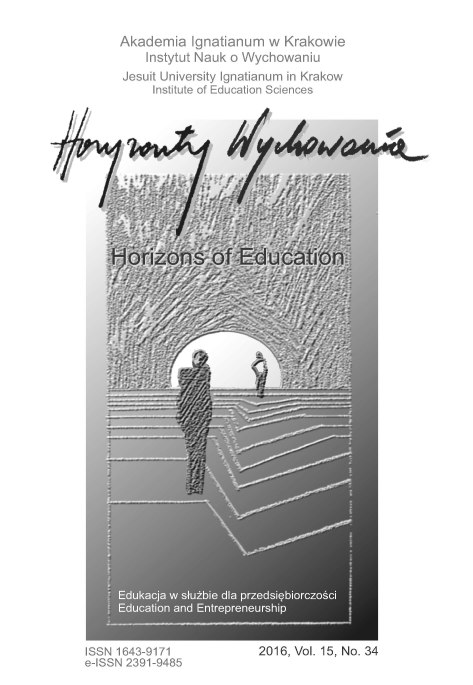
Badanie postaw przedsiębiorczych studentów – wybrane aspekty teoretyczne i empiryczne
Research objective: Alongside a general discussion of the nature, roles and types of entrepreneurship and enterprise, the article presents selected theoretical aspects of student entrepreneurship and the results of the author’s studies in the field. The research problem and methods: The central research problem addressed in the paper is to assess students’ views and opinions regarding the nature of entrepreneurship and their attitude to it. The study described in the article is of a dynamic nature and is a continuation of a project conducted in 2010 in selected institutions of tertiary education in the Wielkopolska region. The study uses the quantitative method, namely the auditorium survey. The process of argumentation: The paper is divided into two parts. The first one describes selected definitions and classifications of entrepreneur- ship and identifies a relationship between self-sufficiency and the intention to establish an enterprise. The second part presents the results of the survey conducted by the authors among students of selected educational institutions in the Wielkopolska region and specifically their attitude towards entrepreneurship.RESEARCH RESULTS: The empirical study shows that students are strongly motivated to engage in enterprise: more than 60% of the respondents described themselves as enterprising. However, such attitudes do not universally translate into an intention to start one’s own business. The respondents valued highly such entrepreneur’s qualities as organizational skills, self-confidence, and creativity, ambition, being driven to achieve one’s goals and people management and team working skills. The respondents differed widely in their views on the nature of entrepreneurship and enterprise: some associated it solely with running one’s own company in order to make a profit, while others saw it as a set of personality traits. Such a broad range of views underscores the complexity of entrepreneurship in today’s economies. Conclusions, innovations and recommendations: The development of entrepreneurial skills from a young age should be recognized as critical for creating a society capable of functioning in a knowledge-based economy. For economic and social reasons, the state should formulate a policy that will foster entrepreneurship. Specific mechanisms should be established that help attain this goal, targeted especially at university students and graduates.
More...
